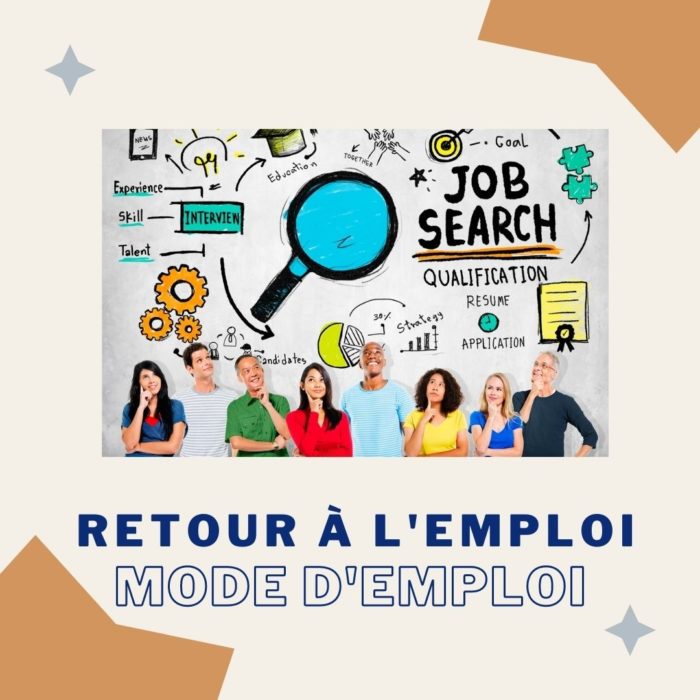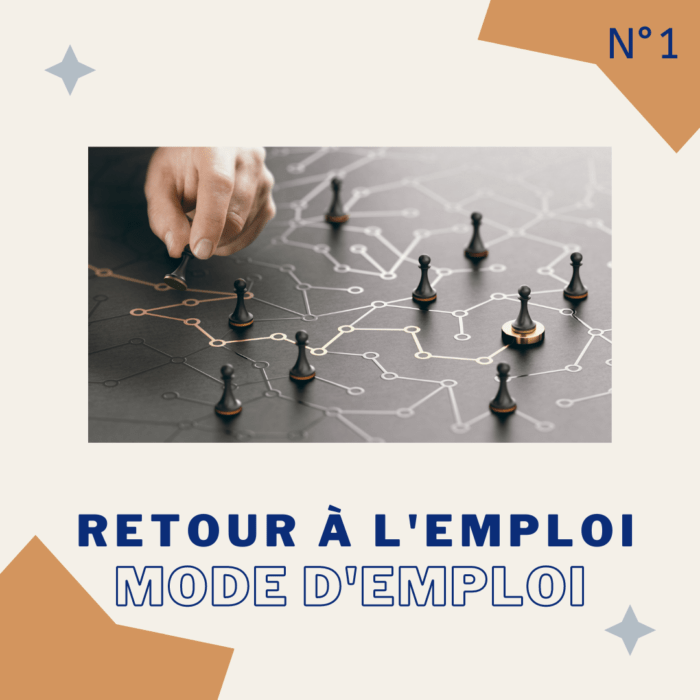Management is a combination of skills. There are hard skills that we learn in school and university which enable us to perform different tasks. Then there are soft skills which, though equally important, are not always taught. With hard skills, we learn how to do something: for example, how to work with computers, how to write a proposal, or how to build something. The soft skills, on the other hand, are the human skills, like leadership and empathy. When you teach people, especially those in management positions, why the soft skills like empathy or perspective-taking are important, it strengthens their management skills.
When leading a group of people, especially in a big organization where hierarchies are well established, things tend to be automated. To a certain extent, managers may forget the human aspect of managing the staff. However, as a manager or supervisor, empathy could be very useful in improving the productivity of the employees.
To find out what companies are doing to improve the relationship between managers and staff, we talked to Boaz Feldman, a Management Psychologist in Geneva. Mr. Feldman offers training courses and coaching to a variety of professionals, from the United Nations Organisations, to law firms and multinationals, who all have the same objective: improving their managers’ soft skills base in order to obtain tangible results.
These programs are geared towards helping the participants to improve their leadership strategies, and to deal with difficulties which may include stress, communication, or even ethics and integrity.

What do the programs involve?
The purpose of organisational psychology is to support staff at all levels in order to understand the correlation between the way we think and our performance, as well as to strengthen our resilience and lead or work more meaningfully. Boaz Feldman uses mindfulness to support the cultivation of a range of soft skills. Mindfulness is the ability to know clearly what is happening in the present moment, without judgment. For example, if someone asks you if you can see a door behind them, instinctively you will turn to look at the door and become aware of it despite the fact that the door has been here all along.
This might sound like something with little relevance to work. However, when a manager has to lead a team of 20 people working on a business proposal, it is very important to know who is doing what, the quality of the work being done, and what is expected from each person in order to avoid delays for the others. By being aware of what is happening inside ourselves and around us, we learn greater discernment and deeper resilience. This is a core skill as a leader. Everything starts with clarity of mind.
PRO-X: Performance and Resilience for Organizational eXcellence
Mr. Feldman promotes a corporate mindfulness training program, PRO-X, designed to increase executive and staff capacity through contemplative practices of mindfulness.
There are four 'intelligences' to this training:
- Somatic: Cultivate serenity and inner resources, enabling sustainable performance in challenging environments.
- Emotional: Deepen resilience and quality of life in the face of stress.
- Cognitive: Develop the capacity to make clear and constructive decisions.
- Social: Engage in empowering and compassionate behaviors to help strengthen the team and company.
To demonstrate the power of concentration and consciousness, we started our interview with a short exercise:
I had to close my eyes and concentrate. With my eyes closed, I breathed deeply then slowly had to start paying attention to my body. I had to feel my feet on the floor. Think about that for a while. Then my body on the chair. Think about whether the chair was comfortable or not. Notice how my hands felt on the table. Pay attention to the noise around me and try to identify them. A tram passing, children laughing, doors opening and closing. I noticed that sometimes my mind was distracted, but I was quickly aware of this and went back to my thoughts about my surroundings.
This is just a 5 minute exercise that anyone can do every morning. It demonstrates that by taking time to be aware of ourselves and everything about our surroundings, we notice more than we think. For instance, at the beginning of the interview I had not realized that I could hear children from that room. After the exercise, I was very conscious of that.
How do you measure success?
It is difficult for many companies to justify spending money on something they are not sure will work, or something that might work but the results are not tangible.
However, with advances in technology, it is possible to have tangible proof of the impact of such training. Mr. Feldman uses various scientific approaches, including pre- and post-training as well as coaching neuro-feedback, stress bio-markers, communication testing, and self-report assessments.
About Boaz Feldman
 Mr. Feldman started his career in finance and economics, and developed his skills as a management psychologist. He has worked in high-performance and corporate governance contexts, as well as humanitarian conflict zones (Afghanistan, Myanmar).
Mr. Feldman started his career in finance and economics, and developed his skills as a management psychologist. He has worked in high-performance and corporate governance contexts, as well as humanitarian conflict zones (Afghanistan, Myanmar).
He has worked for the United Nations, the World Health Organisation, International Medical Corps, and several other multinational corporations and medium-sized businesses. Today, he works with management and executive teams to lead for performance with meaning and well-being.



 Mr. Feldman started his career in finance and economics, and developed his skills as a management psychologist. He has worked in high-performance and corporate governance contexts, as well as humanitarian conflict zones (Afghanistan, Myanmar).
Mr. Feldman started his career in finance and economics, and developed his skills as a management psychologist. He has worked in high-performance and corporate governance contexts, as well as humanitarian conflict zones (Afghanistan, Myanmar).

